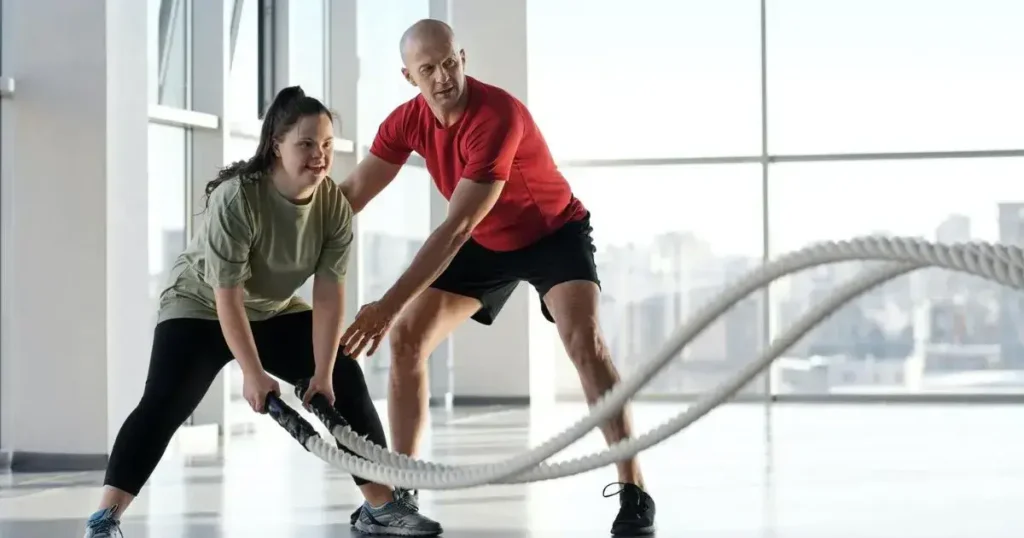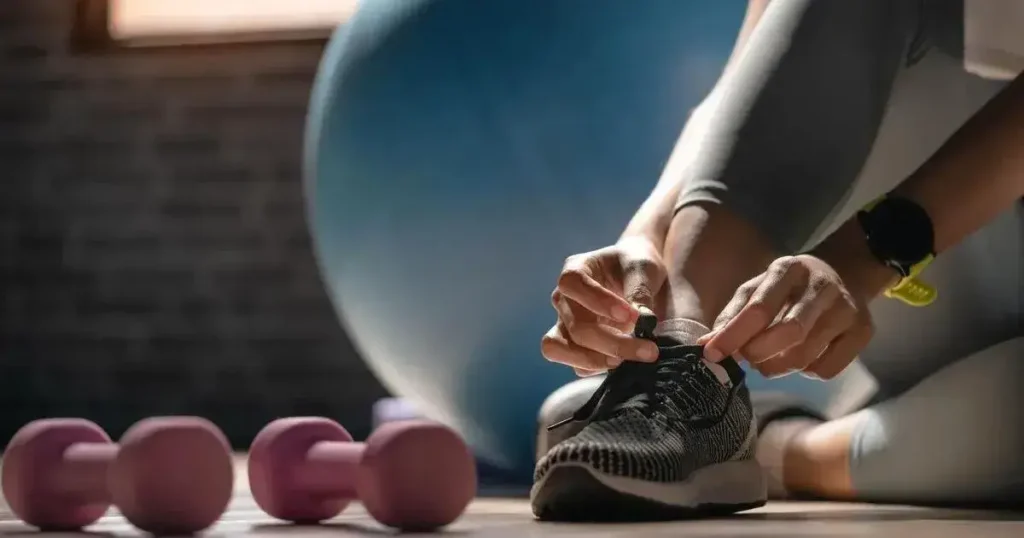Everyone knows that we should all work out at least twice a week. For adults, the NHS suggests engaging in at least 150 minutes of moderate-intensity exercise or 75 minutes of vigorous-intensity exercise every week.
Regular exercisers are less likely to acquire numerous long-term (chronic) diseases, including heart disease, type 2 diabetes, stroke, and some malignancies, according to the NHS.
Studies reveal that physical activity can also lower your risk of stress, clinical depression, dementia, and Alzheimer’s disease. It can also improve your energy, attitude, and self-esteem.
Ultimately, every form of exercise is beneficial, and there is no one-size-fits-all approach to fitness, so you should practice whatever feels right for your body and your needs, whether it is jogging or yoga.
Table of Contents
But for almost everyone, there’s the best time to work out.
When is the ideal time to work out?
As per a study, your body reaches its optimal performance in the afternoon.
Throughout the day, your body temperature rises, enhancing your muscle function and strength, boosting enzyme activity, and improving endurance for optimal performance.

Furthermore, Healthline states that your reaction time is fastest in the afternoon and evening, which is important for exercises like high-intensity interval training (HIIT) or speed work on the treadmill.
As the day winds down, your body enters a state of calmness during the late afternoon. It’s during this time that your heart rate and blood pressure reach their lowest levels, reducing the risk of injury and enhancing your overall performance.
For optimal results, working out in the late afternoon or early evening is recommended to maximize the benefits of your exercise routine.
How to begin a regular exercise regimen
Bupa provides the following guidance if you have physical restrictions or are anxious about resuming your exercise routine:

- If you have trouble finding time, consider incorporating exercise into your daily schedule. If you work, is it possible for you to work out in the morning, during lunch, or after work? Consider ways to make more time for movement throughout the day instead of scheduling a lengthy exercise session.
- Consider the time of day when you are most likely to have the greatest energy if you feel like you are too fatigued to work out. Plan ahead so that you are well-rested, hydrated, and have had a healthy meal—just not too late.
- Should you find exercising tedious, consider ways to make it more fun. It might be beneficial to “couple” your exercise with an activity you enjoy, such as running or walking while listening to music or a podcast.
- You should start modest if you’re self-conscious about working out or don’t think you’re “good enough.” Your self-assurance and abilities will progressively increase, and the satisfaction you get from succeeding will make it all worthwhile!
- You can be turned off if there are inadequate facilities or equipment available, but staying in shape doesn’t have to cost a lot of money. For example, all you’ll need for walking or jogging is appropriate footwear—trainers or walking shoes—and clothes that will keep you warm and dry.
- Being sick for an extended period of time does not preclude you from exercising. In actuality, it frequently improves your health. Perhaps all you need to do is slow down or change what you do.
If you’re unsure about which exercises would work for you, speak to your GP or local gym.
Is 7 PM a good time to work out?

Even if you still prefer working out later in the day, there are still advantages to that. Women who exercised in the evening, between 6:30 and 8:30 p.m., reported “significantly” improved mood and greater upper body muscle strength, power, and endurance.
Follow us for further updates. the optimal time of day for you to work out, reach out to OverNexus.




